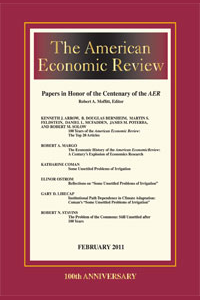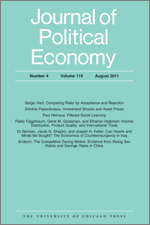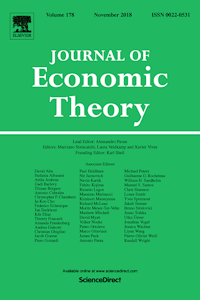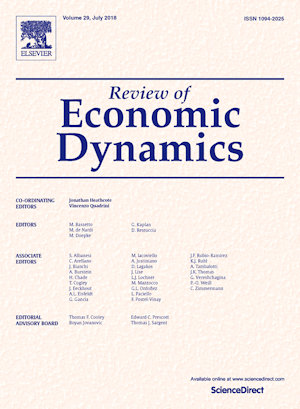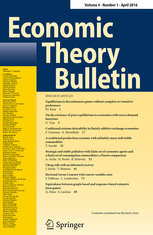
Block, J. I. and Levine, D. K.
A folk theorem with codes of conduct and communication
Economic Theory Bulletin
Vol. 4(8) pp. 1-11 (2017)
Abstract: We study self-referential games in which players have the ability to commit to a code of conduct—a complete description of how they play and their opponents should play. Each player receives a private signal about each others’ code of conduct and their codes of conduct specify how to react to these signals. When only some players receive informative signals, players are allowed to communicate using public messages. Our characterization of the effect of communication on the equilibrium payoffs yields a folk theorem and players share their private information truthfully in equilibrium. We also provide an application of codes of conduct: games that are played through computer programs.
Keywords: Folk theorem, Self-referential game, Commitment, Communication
JEL Codes: C70, D03
Author links: Juan Block
Publisher's Link: http://link.springer.com/article/10.1007%2Fs40505-016-0107-y ![]()

